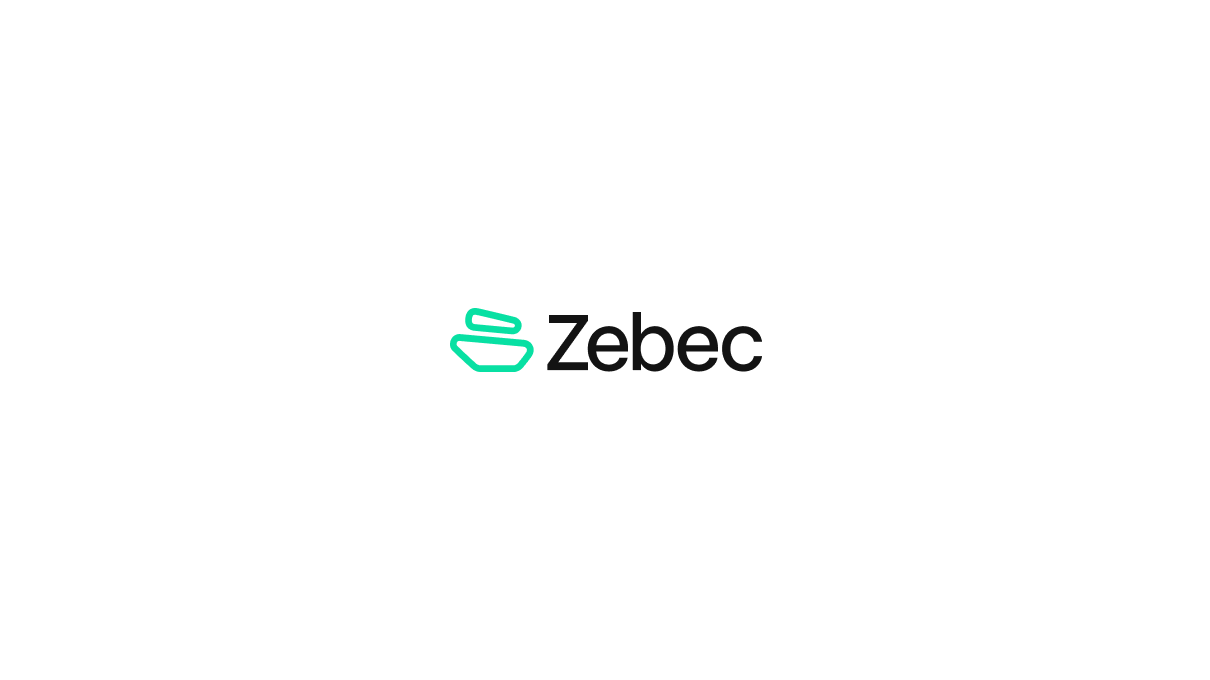The APIZ project will be the future on the edge of blockchain technology and agriculture

The APIZ company is launching a project on the edge of agricultural business in the domain of beekeeping and blockchain technology. This project will be based on a real business, and the development of cryptocurrency will be directly proportional to the development of industrial apiaries.
In addition to amateur beekeeping, there is also the technology for industrial beekeeping. Thanks to production technologies, it has become possible to get many more finished products from one apiary without requiring a lot of labor to operate. Each production, regardless of scale, has goals and objectives – professional beekeeping, in this case, is no exception. The main goal of any beekeeper is to obtain and further sell honey and related products.
It will be necessary to equip the apiary according to all the rules and buy bees to carry out a full-fledged activity, for which it will be possible to produce products in large quantities and sell them after the end of honey collection. In this case, the main tasks are: technical support for the apiary; choice of bees; further maintenance of bee colonies under suitable conditions for them; search for channels for the sale of finished products.
The APIZ company has been successfully conducting this type of business for several years in five countries – Ukraine, Spain, Moldova, Kyrgyzstan and Andorra. The long-term goal is to create a unified system with 1,000,000 hives. Given that a beehive holds approx. 50,000 bees, there will be approx. 50,000,000,000 bees in the industrial apiaries. The company moves on to the second, but no less important goal – symbolizing a living being, a bee. Thus, APIZ is creating its APIZ cryptocurrency, which will be completely based on real bees in its offline apiaries. One bee will be equal to one APIZ coin, so the company will issue around 50 billion tokens.
The founders of the project are Igor Ganya and Daniil Mosco. Igor Ganya is an entrepreneur with 15 years of experience and owns companies in 10 countries around the world in wine production, restaurant business, crypto mining and business relations. On the one hand, Daniil Mosco is the founder and owner of an IT company with a staff of around 100 specialists and is responsible for the technical part of the project. His company provides effective solutions in cyber security, data storage, web development, mobile applications, online marketing and more. In synergy and using the professional skills of specialists led by Igor and Daniil, the APIZ project will be developed.
The technology for industrial beekeeping and further development is completely dependent on the human factor. Undoubtedly, weather conditions can affect the quality and quantity of collected raw materials, but if the work is organized correctly, the result of large-scale work can exceed all expectations. Therefore, in order to develop APIZ’s coin, they must first invest in an offline business. Thus, 70% of the investments received from the sale of tokens will be reinvested back into the company’s industrial apiaries. This money will be used to develop new land, provide bees with a food base, maintain hives, professional training for beekeepers and all workers in the apiaries, maintenance of equipment, and in the future, the introduction of telemetry and monitoring methods in the apiaries. The remaining 30% of the sale of coins will go towards the development of the cryptocoin itself.
Telemetry of production and auxiliary processes in industrial apiaries can become a recognized way of reducing costs and optimizing work. The introduction of automation for the collection and transmission of online data with subsequent processing and control will fundamentally change the approach to beekeeping. The APIZ company is thoroughly researching these methods and the extent to which they can be integrated into the beekeeping industry.
Following APIZ’s 10-year development plan, they are set to increase profits from one bee within the year. Currently, the average cost of one bee in the market is $0.01 and the average profit from it in one year is $0.017. The bees in their industrial apiaries are already making a larger than average profit of $0.025. And after 10 years, they will increase this profit to $0.15 from one bee during the year.
The team is confident of the success of this project as their industrial apiaries are already providing an annual stable income, with a total cost estimate of 25 million dollars. APIZ is ready to act as a guarantor of the project and tokens for future investors. In case of turbulence in the crypto market, the project’s offline business will not be negatively affected and they can ensure the return on the token of 110% which will be paid within 18 months from the date of purchase, based on the value. at the time of publication.
To know more about the APIZ coin, visit the APIZ website. Go to ganeapi.com/en for more information about the company’s agricultural project.
🕊 Twitter | 🔷 Facebook | 🔔 Telegram | 〽️ Discord | 🆔 Instagram | 🚹 LinkedIn | 🔺Edited
Disclaimer: All information written in this press release does not constitute investment advice. CoinQuora does not provide, and will not endorse, information about any company or individual on this site. Readers are encouraged to conduct their own investigations and take any action based on their own findings and not from any content written in this press release. CoinQuora is and will not be responsible for any damage or loss caused directly or indirectly by the use of content, products or services mentioned in this press release.


















![Analyzing Bitcoins [BTC] unprecedented rally and market reaction Analyzing Bitcoins [BTC] unprecedented rally and market reaction](https://www.cryptoproductivity.org/wp-content/uploads/2023/03/AMBCrypto_A_group_of_traders_and_investors_huddled_around_a_scr_fe125ed2-7b45-4c8d-b143-ad8cd263ce9f-1000x600-120x120.png)





